Have you booked a table at your favourite restaurant yet? Okay, a better question. Have you booked a table at your favourite restaurant — and not turned up? It wouldn’t be uncommon and while you may be more inclined to call a restaurant in good time if you can’t attend, as lockdown eases and the Chancellor encourages us to ‘eat out’, it seems many are simply choosing to ‘opt-out’ at the last minute.

Whilst no shows in the trade could usually be attributed to a few diners with hastily changed plans, or a group who perhaps made merry at the pub before their meal and couldn’t make it (perhaps all for the better)– no shows now represent a huge problem to restaurants moving out of lockdown.
Plaza Pastor spoke to the BBC of thirty-three no shows to their usually buzzing restaurant in the heart of London N1 and other premises while Deliveroo and UberEats drivers pour through the doors collecting to go boxes every few minutes while the tables themselves are sparsely populated.
With the changing landscape of a modern restaurant, the addition of signs, sanitiser, safeguards and the removal of chairs to create safe distances - the value of a customer enjoying a meal is at a premium.
But, why do no shows on booking matter so much? Should restaurant owners simply shrug their shoulders and mark this as modern life?

They may have to, but the reason it matters is that great service and hospitality is all about predictability. We mention it often because it is true — supply chains, be that a global network of deliveries or getting the right amount of tomatoes for that pasta sauce you’re known for are all based on understanding where your customer is and what their movements are likely to be.
Each empty chair represents a prediction that has been made as to future revenue, and as the diners fail to arrive — a loss of revenue. If there are 20 seats in a restaurant and two people don’t turn up, for the restaurant owner, 10% of turnover has gone.

That affects not only the quantity and quality of food for the next week, and the week after, but the stability of jobs for those in the business. Without people dining in, why keep a physical space at all?
A change that saw closures across our high street could be devasting to towns, cities and villages.
Adding to that, these restaurants are forecasting for demand based on pre-bookings — this means fresh food will be ordered that will simply go to waste. With customer experience even more paramount to coax people outside in these turbulent times, restauranteurs are hesitant to under-order based upon the average number of no shows so as not to disappoint customers expecting their favourite meal.
What solutions are possible?
Short on sending everyone on a course in basic manners and explaining why no shows are harmful to both the business and the planet, restaurants do have a few options.
These could include mandatory fees or deposits that come when booking a meal. This doesn’t represent the total value of a meal, so still creates a loss on a no show, but could work as a deterrent against not phoning ahead in good time.
There could also be changes in how restaurants confirm bookings, in much the same way that a dentist might do.

Technology may be on hand to help in helping diners prepare. Videos of the premises, social media updates of measures in place and low local infection rates near the restaurant areas, alongside a reminder that it’s necessary to cancel if needed and why may all help at this time.
Regarding waste reduction, limiting the menu to use fewer ingredient SKUs along with accurate predictive forecasting can help. Limiting the menu and sharing the menu online in advance can help not to disappoint regular customers.
Finally, there may be a more frustrating option — giving it time.

Removing the message of ‘stay home, save lives’ from our public consciousness is taking a while. Many fear the second wave and are practising caution in some areas, not only for the protection of self, but for that of others. It seems a booking is a bold step, but one that may be hastily reassessed on the date.
Getting customers through the doors and enjoying a meal means more than a return for normality in how things look and feel. It represents the future of the economy, our service industry and livelihoods.

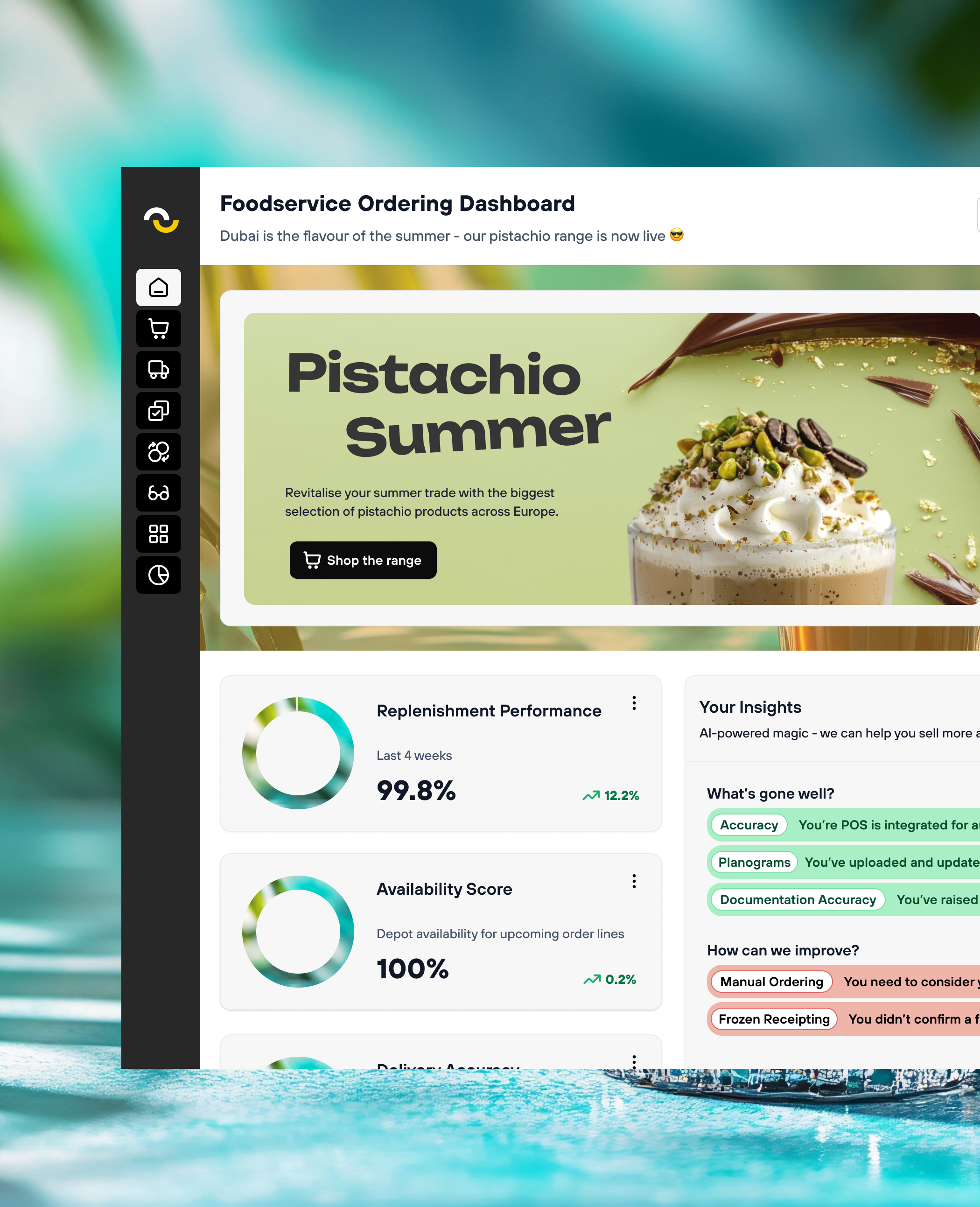

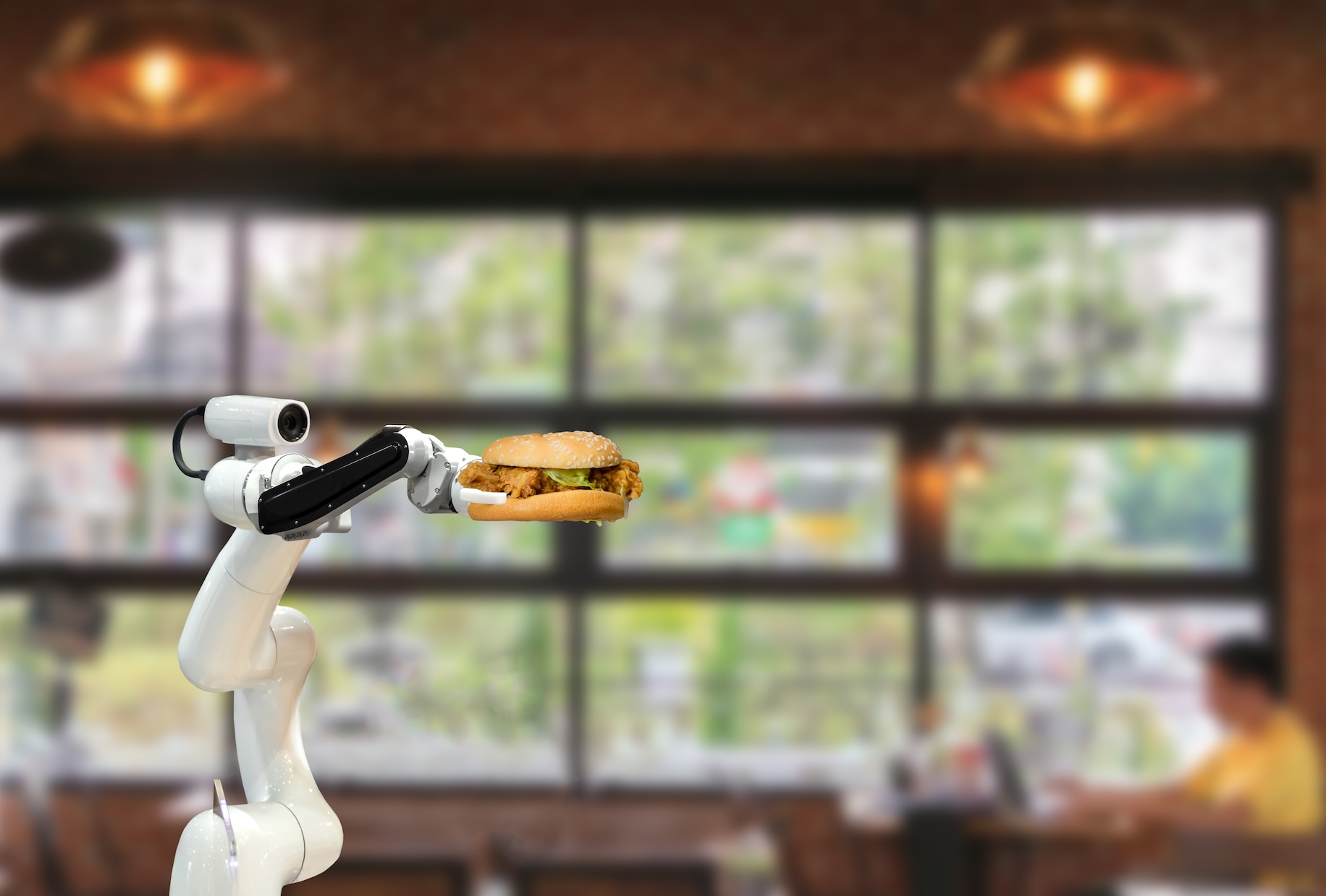
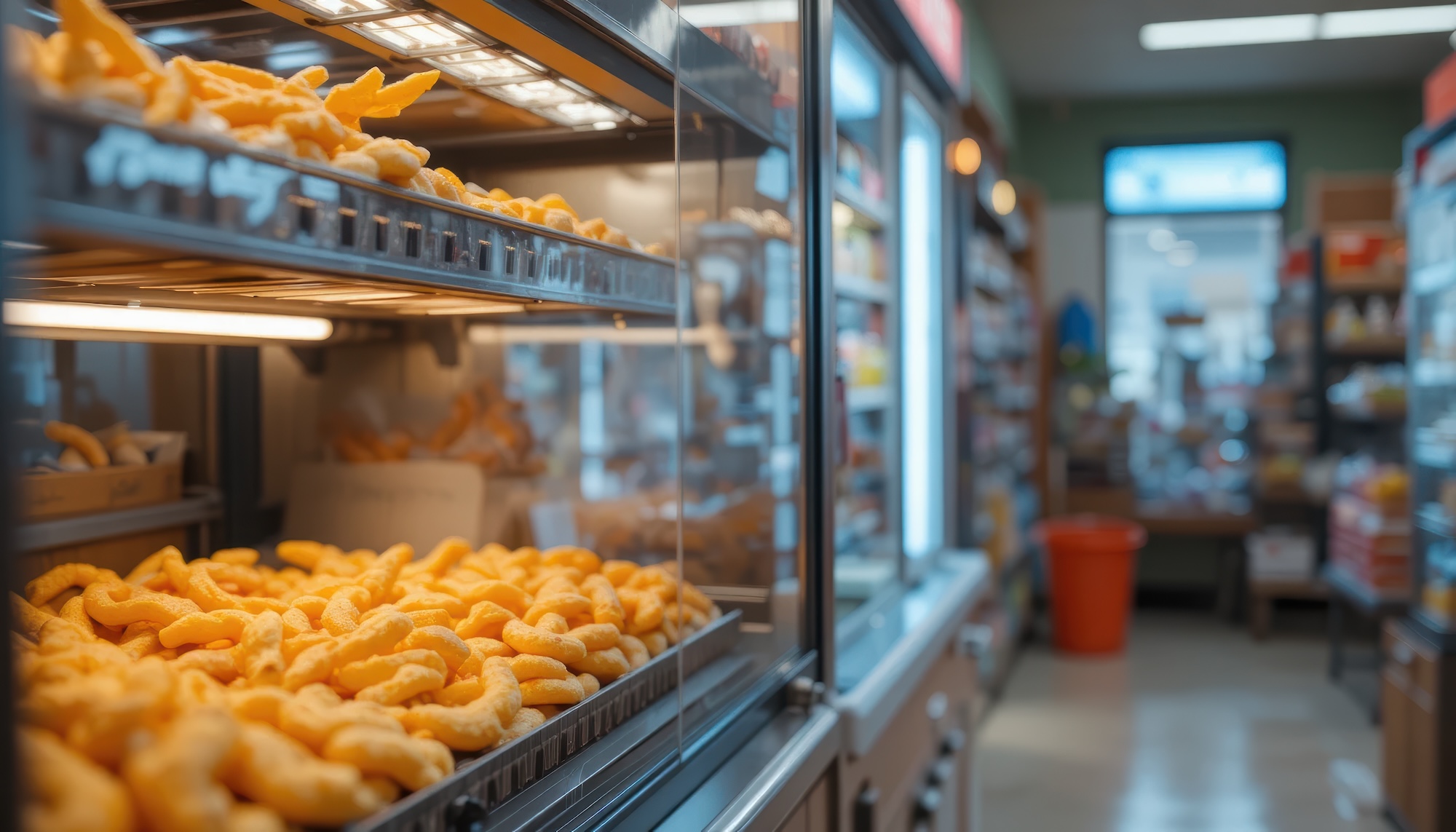

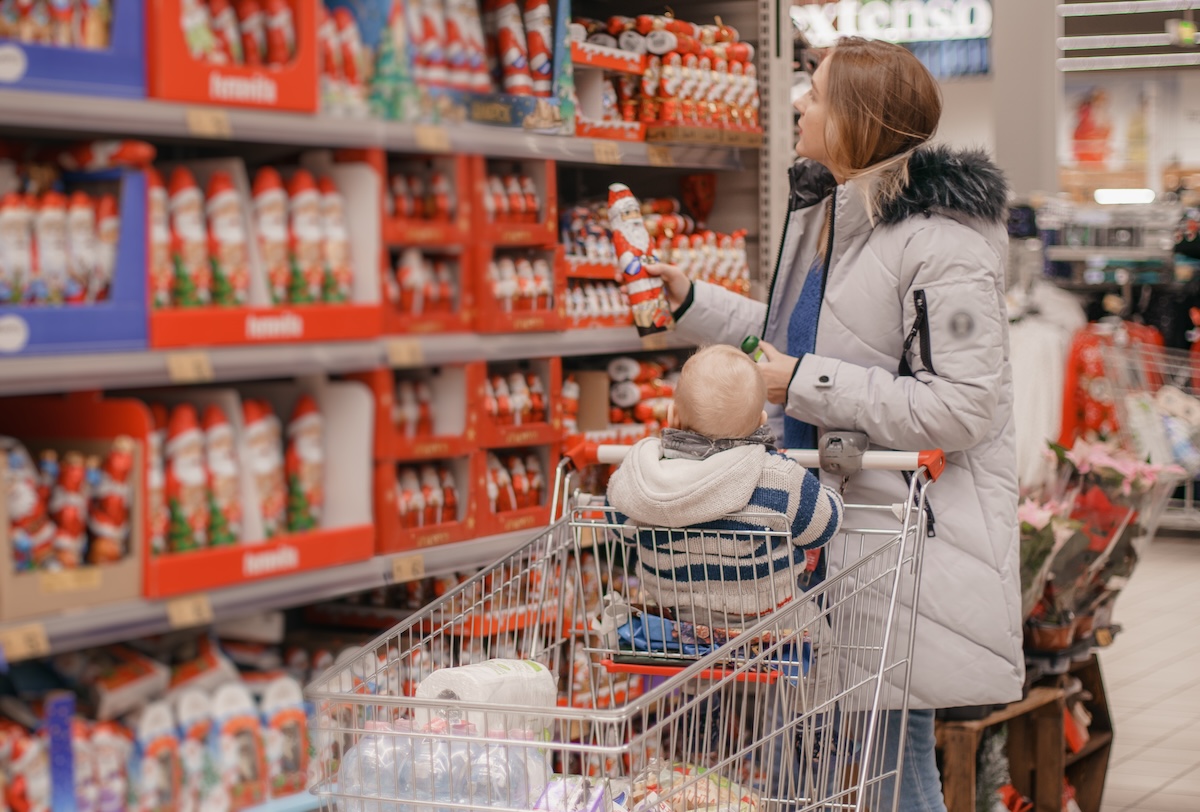
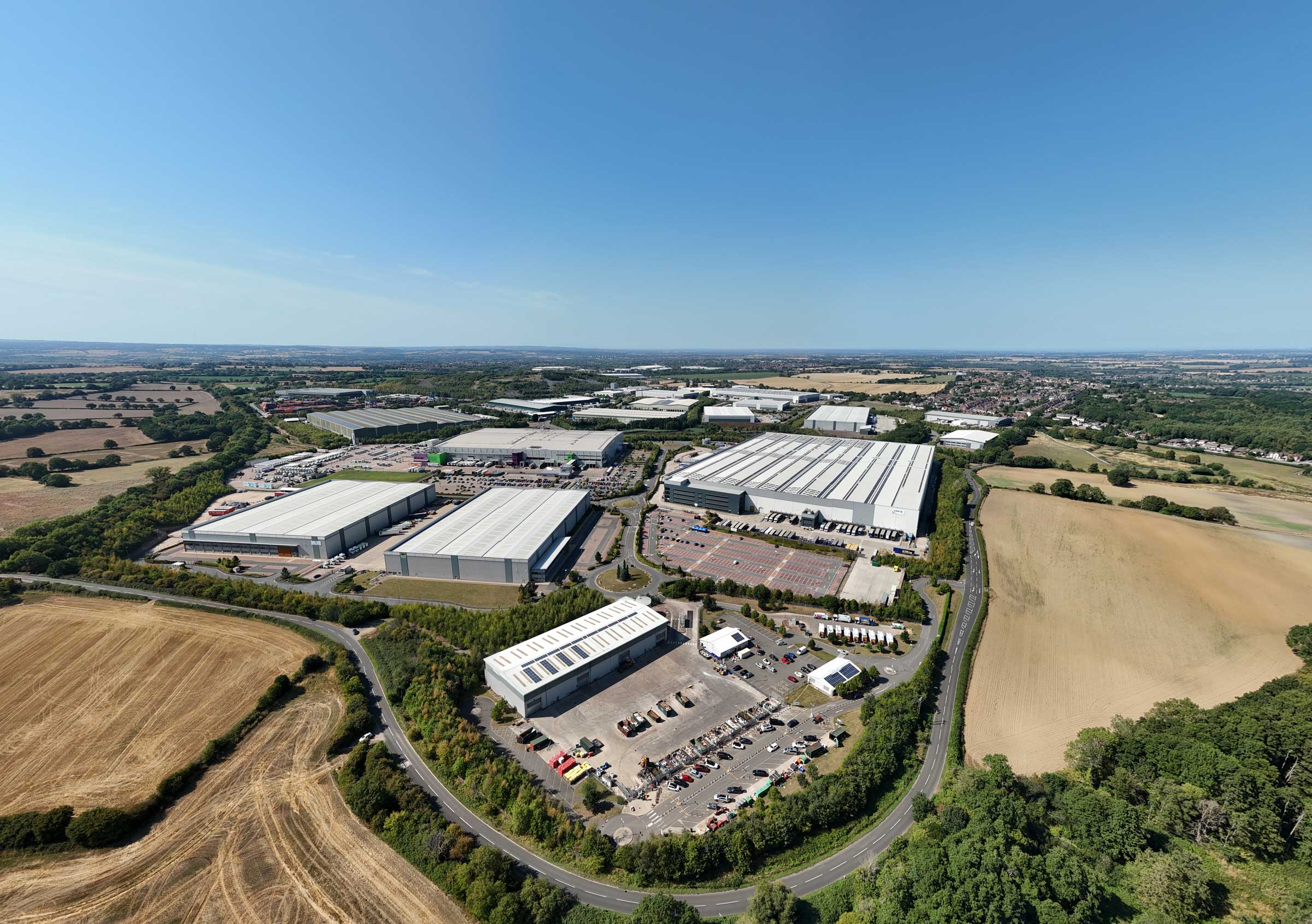

.svg)

.svg)
.svg)